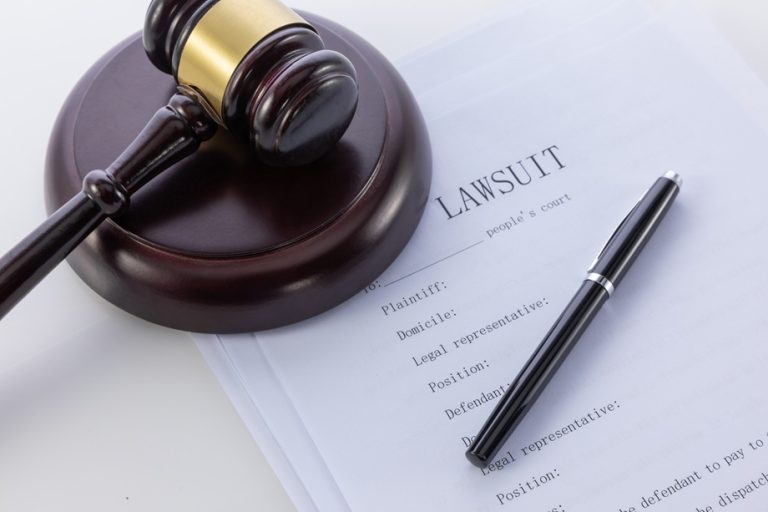Personal injury cases present victims with a critical decision that can significantly impact their financial recovery and well-being. When you have been injured due to someone else’s negligence, you face two primary resolutions paths: settling outside court or pursuing litigation through the legal system. Each approach carries distinct advantages and risks that must be carefully weighed against your specific circumstances.
Key Factors That Influence Settlement Timing
Severity of Injuries
The extent of your injuries affects both potential compensation amounts and the urgency surrounding settlement decisions. Minor injuries with clear recovery timelines often make settlement negotiations more straightforward, while severe injuries requiring ongoing treatment demand careful consideration.
Settling before knowing the full scope of long-term health impacts can be financially devastating. Many injury victims face complications, chronic pain, or reduced earning capacity that only becomes apparent months or years after the initial incident. Accepting an early settlement without understanding these potential consequences often results in inadequate compensation.
Insurance Company Involvement
Insurance companies often present early settlement offers that may seem attractive to financially stressed victims. However, these initial offers rarely reflect the true value of your claim, as insurers prioritize minimizing payouts over fair compensation.
Understanding when their offer genuinely is fair will require a detailed evaluation of all damages, including medical expenses, lost income, and non-economic losses. Insurance companies possess extensive resources and experience in settlement negotiations, making professional legal guidance essential for protecting your interests.
Strength of Your Evidence
Clear liability and well-documented damages create favorable conditions for settlement negotiations. When fault is obvious and your injuries are thoroughly documented through medical records, witness statements, and expert testimony, both parties can more easily assess claim value.
Weak and unclear evidence may lead to longer negotiation periods rather than immediate trial proceedings. Complex liability issues or disputed damages often require additional investigation and expert analysis before meaningful settlement discussions.
Signs That It Is the RIght Time to Settle
You Have Reached Maximum Medical Improvement (MMI)
Maximum Medical Improvement is the point where your condition has stabilized, and further significant improvement is unlikely. Waiting until reaching MMI ensures you understand the full extent of your injuries, ongoing treatment needs, and long-term limitations before accepting any settlement offer.
Legal Advice Supports the Offer
Having an experienced personal injury lawyer review settlement offers provides crucial protection against accepting inadequate compensation. Legal professionals can evaluate fairness by comparing proposed settlements against similar cases, calculating comprehensive damages, and identifying potential future costs you might not have considered.
There Is a Clear Risk of Going to Trial
Trials remain inherently unpredictable, with outcomes depending on numerous variables including judge temperament, jury composition, and presentation effectiveness. When potential trial risks clearly outweigh possible rewards, settlement becomes the more prudent choice for securing reasonable compensation.
Final Considerations Before Settling
Understanding your claim’s true worth requires comprehensive evaluation of both economic and non-economic damages. Legal timelines, particularly statutes of limitations, can create pressure for quick decisions. However, rushing into settlement without proper evaluation often results in accepting inadequate compensation that fails to address long-term consequences of your injuries.
Articles published under the Editorial Desk byline may include material from various sources and are reviewed internally to ensure clarity, factual consistency, and compliance with the site’s editorial standards. Content is published for general informational purposes only and follows applicable content and publishing guidelines




